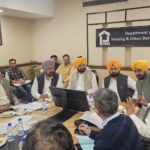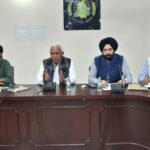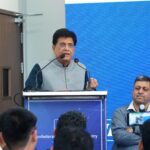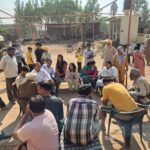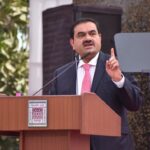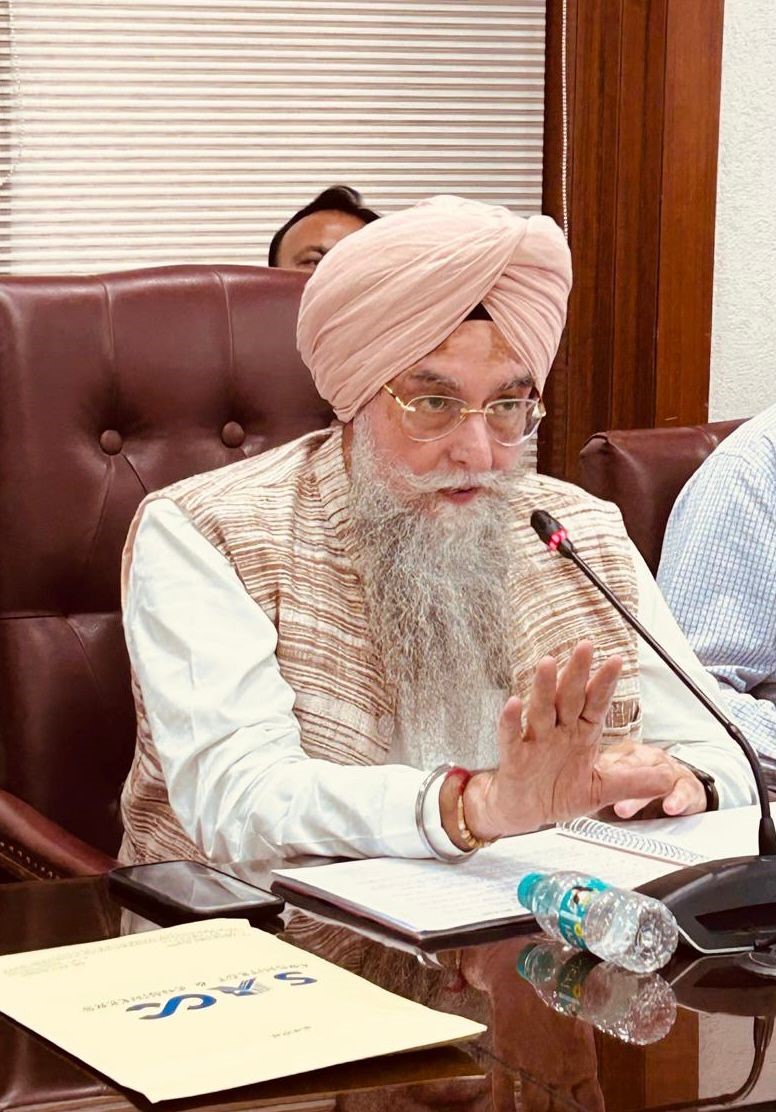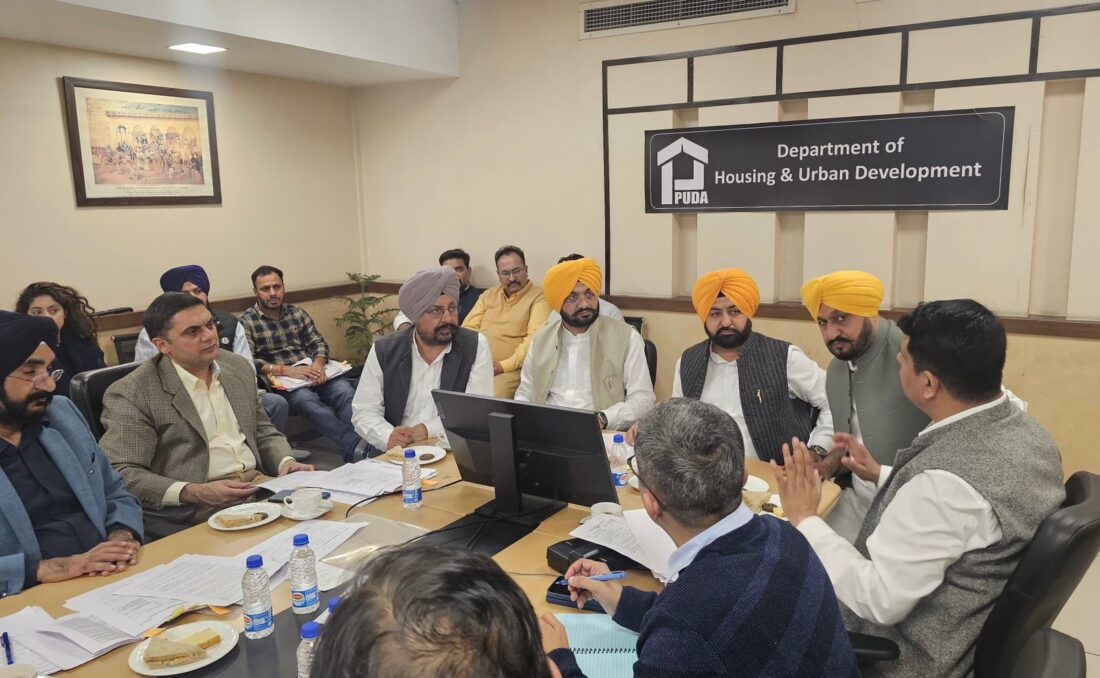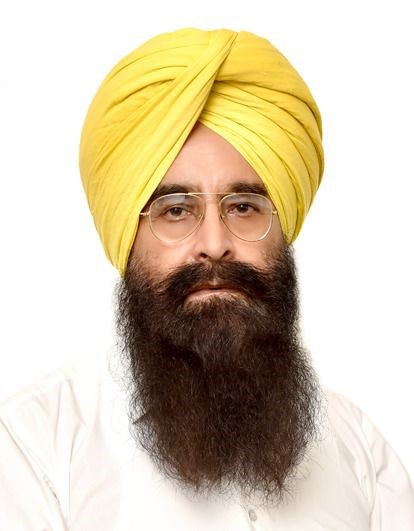North News
Chandigarh, November 14
Punjab Vidhan Sabha Speaker Kultar Singh Sandhawan has called farmers to come forward to adopt crop diversification and said that they should leave wheat and paddy cycle and adopt vegetables and other alternative crops, besides to make a joint strategy to answer various allegations made by BJP led Union Government. In a press statement issued here today, Sandhwan said that the farmers of the state should refrain from cultivation of wheat and paddy and earn handsome returns by cultivating various other crops such as oil seeds crops. He said that by adopting crop diversification, the farmers can get out of the wheat-paddy cycle on one hand and they can get rid of the restrictions deliberately imposed by the BJP government on the other. He said that the union government deliberately not converting milled rice from Punjab Shellers and not clearing the requisite space, due to which the farmers were facing hardships.
Emphasizing the need to reduce the area under paddy, Sandhwan said that the Union Government was trying to push the agricultural sector into crisis. He said that the Union Government has suppressing farmers’ struggle on behest of corporates. He said that the BJP leaders are holding the farmers responsible for worst Air Quality Index. He said that instead of resolving the issues of farmers and finding appropriate solutions, they are being harassed under a political conspiracy.
Sandhwan urged farmers to adopt organic farming, through which they can earn a substantial returns. Apart from this, farmers can also establish small enterprises by forming cooperative groups and earn profit from their crops.
The speaker further said that the state government is trying to achieve the goal of crop diversification with support of farmers. He said that the Punjab government is taking all possible steps for the welfare of the farmers. He said that the underground water resources of Punjab were continuously decreasing and crop diversification has become a need of the hour. He said that it is our responsibility to use natural resources as much as possible for the better life of future generations.


